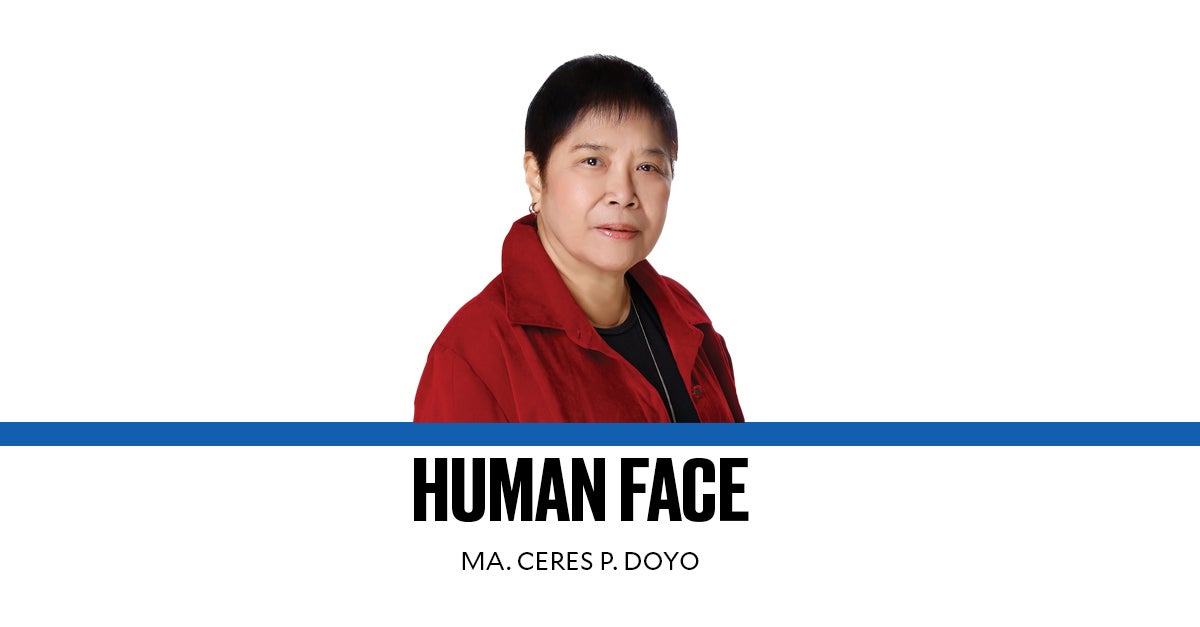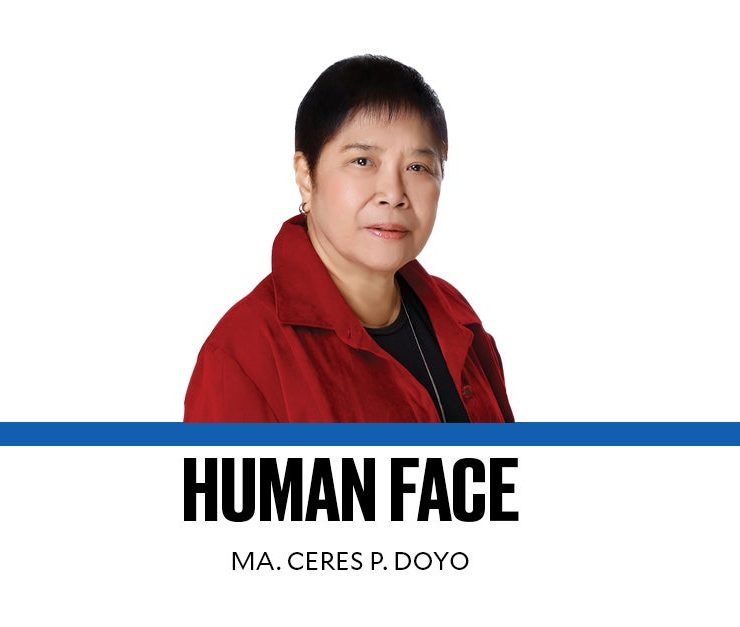Kerwin Espinosa coerced to lie, priest brought in

In his testimony before the House of Representatives’ quad committee last week, Kerwin Espinosa revealed that then Philippine National Police chief Ronald “Bato” dela Rosa, now a senator, allegedly coerced him to accuse then Sen. Leila de Lima and several others before a 2016 Senate hearing of having received drug money that was to fund her reelection bid. He supposedly handed over the money to de Lima’s driver and bodyguard Ronnie Dayan in Baguio. (The two had made sure their false accounts jived.)
At that time (2016) when he testified, Espinosa had just arrived from Abu Dhabi, been arrested and detained. His father, Albuera, Leyte mayor Rolando Espinosa, had just been killed while in detention by police operatives who had a search warrant. (A puzzling operation there.) Dela Rosa allegedly told him that refusing to implicate De Lima could cost him his life and the lives of members of his family. Espinosa was between a rock and a hard place.
Background note: With so many false testimonies against her, De Lima suffered almost seven years in solitary confinement without benefit of bail but was acquitted of the last of three charges against her in June 2024. Several of his accusers, themselves in prison, had recanted one by one, Espinosa among them. Espinosa himself has also been acquitted of charges. Several days ago, De Lima came out with a statement on Espinosa clearing her.
There was something in Espinosa’s testimony last week that did not trigger more follow-up questions from the quad comm. But it piqued my interest. That was when he said that after he had been threatened to testify against De Lima—”or else”—and had complied out of fear, Dela Rosa brought in a priest so Espinosa could confess. That was at the PNP headquarters in Camp Crame. This portion of Espinosa’s account can be reviewed in 20:17 of the video.
A priest? Yes, after Espinosa had been threatened, after he had been made to lie and falsely accuse an elected senator who was the nemesis of then sitting President Rodrigo Duterte, a priest was brought in. Espinosa said that when he was told a priest was being brought in to hear his confession, he was overcome with fear. Priests came for those about to die, he thought, and might his end be near? His own father had been killed while begging for his life.
Questions were asked only after Espinosa was done narrating what was in his written affidavit. There was only one question about the priest: What was his name? Espinosa could not remember. And the matter was put aside. I would not have let that go.
Who was the priest? Why the priest? Was he a real priest? Why bring in a priest for someone who was threatened (psychologically tortured, that is) and coerced to lie? What was a priest—perhaps in military/police service—doing in that torture chamber? He was brought in to hear the confession of one who lied, albeit brought in by those who made him lie. Did the priest, real or not, know beforehand the context of Espinosa’s confession? That is, if he confessed about anything at all. A Kafkaesque situation there.
Note that under no circumstance, not even with threat against his own life, is a Catholic priest allowed to divulge what is said in the sacrament of confession. Priests are bound by the seal of confession as per the canon law of the Catholic Church. The sacrament of confession is a sacrament of repentance and reconciliation, where the penitent confesses and asks for God’s forgiveness—not the priest’s.
The Catholic Church in the Philippines has a Military Ordinariate or diocese that covers the PNP, Armed Forces of the Philippines, Philippine Coast Guard, Bureau of Fire and Protection, Bureau of Jail Management and Penology, and Veterans Memorial Medical Center. Its bishop is a member of the Catholic Bishops’ Conference of the Philippines. The current one is Bishop Jaime Florencio. The chaplains have military ranks with salaries and pensions. Father na, elticol pa.
Years ago, I did a magazine story about priests in military service. One told me that when his group was in a firefight with rebels, he fired back for self-defense. He seemed to relish recalling the incident.
Who was the padre who was brought in for Espinosa’s confession and what was his rank? I don’t think canon law prohibits a priest, if asked by his superiors, from revealing that he was the confessor. What does the bishop of the ordinariate say about all these?
If the quad comm members, hardworking as they are, are not interested in Espinosa’s account about being made to confess to a priest after having been coerced to lie, then the church hierarchy and those in the military ordinariate should be. Where are the gray areas? Honestly, I would not know where to start. But there is something very discomfiting about all these.
By the way, the patron saint of men and women in uniform is St. Ignatius of Loyola, a former swashbuckling soldier who founded the Society of Jesus (Jesuits) in 1534, ad majorem dei gloriam. Pope Francis is a Jesuit.
Send feedback to cerespd@gmail.com


















